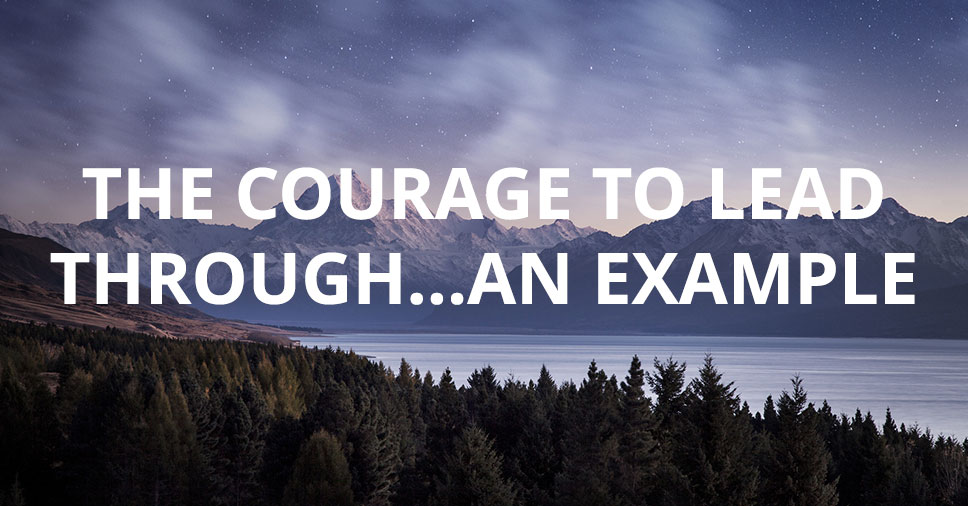
The words have come back to me so many times, “Do the right thing, keep a right spirit, and leave the results to God.” I am not sure if I ever heard these words expressed or if I just formed the thoughts over time. They did, however, come from somewhere. They came from the men and women who impacted my life along the way—through their teaching, but most of all through their living. One of those men was Robert D. Crowley.
My father was in and out of the Washington, D.C. area during his military career, and when we were there, we attended the Montrose Baptist Church in Rockville, MD. As a young boy I still remember the larger than life presence of Pastor Crowley, his strong preaching, and a church that was growing by leaps and bounds. He baptized me when I was nine. He would stop by our home on Saturday mornings and take me with him up to Summit Lake Camp in Emmitsburg, MD, where he would let me help the men with construction projects, mow the grass, and take care of the horses. I ended up working at Summit Lake for seven consecutive summers and realize now, more than ever, how much of my life was shaped by being around my pastor.
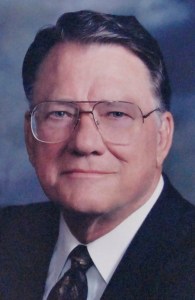 Pastor Crowley was a Southern Baptist and Montrose was a Southern Baptist Church. That really didn’t mean much to me at the time, for all I knew was that I was part of a very healthy and vibrant church—there was no negativity. We were multi-cultural, had strong teaching and preaching, and were evangelizing our community. I also remember how many of the adults would take particular interest in the young people. I still remember their names— think it was because they remembered mine.
Pastor Crowley was a Southern Baptist and Montrose was a Southern Baptist Church. That really didn’t mean much to me at the time, for all I knew was that I was part of a very healthy and vibrant church—there was no negativity. We were multi-cultural, had strong teaching and preaching, and were evangelizing our community. I also remember how many of the adults would take particular interest in the young people. I still remember their names— think it was because they remembered mine.
Toward the end of my high school years my father was transferred to Rhode Island. I really didn’t want to go to a place I’d never been, so I followed some friends at camp to a fundamentalist university in the south. It was my first real exposure to the south and my first real exposure to fundamentalism and separatism. I would spend the next seven years of my life there and God would do many great things, including preparing me for ministry. I am very thankful for that experience. One of the decisions I made early on in my freshman year was to leave my Southern Baptist Church and the Southern Baptist Convention because of the liberalism that had crept into most of its seminaries.
When I left Montrose Baptist Church in 1975, I would not speak to my pastor again for twenty years. I knew I had hurt and disappointed him. Interestingly enough though, I had gone on to plant a church in Colorado and had patterned the entire ministry right after what I had watched at Montrose and in the life of Pastor Crowley. I had in many ways become just like him. In 1995 Pastor Crowley would retire from the pastorate and turn his attention to Summit Lake Camp and Middle Creek Bible Conference. Just before this took place, I reconnected with my friend Ken Coley. Ken is a professor at Southeastern Baptist Theological Seminary in Wake Forest, NC and married to Kathy (Bob Crowley’s daughter). He encouraged me to reconnect with the Crowleys and to come to the retirement service. So, I did.
The retirement service was incredible. The church was packed and people had come from all over the country. Paige Patterson spoke, and so did Judge Pressler. I was asked to give a testimony. After the service, we went over to the Crowley’s home and we were able to share what had happened over the past twenty years. I had left Montrose and the SBC, become an independent Baptist, and planted a church in Colorado. Pastor Crowley had become a trustee at Southeastern and helped spearhead the resurgence from 1985-1995, something I was completely unaware of.
“He was at SEBTS during those tumultuous years when it was making the transition from a decidedly liberal institution to a conservative one that proclaimed the authority of the Bible,” said Kenneth Keathley, senior vice president of academic administration and dean of the faculty. “The school went through a tumultuous time when its theological future and very existence was unsure. There were a lot of things the board of trustees did, sacrifices they made, that had they not done them, Southeastern would not be what it is today.”
Southeastern’s current president, Daniel Akin, said he and Paige Patterson, who led the seminary from 1992-2003, have said “on many occasions that neither one of us would have served at Southeastern were it not for Bob Crowley. He is as responsible as any person for the miraculous theological turnaround of Southeastern Seminary.”
Pastor Crowley and I had travelled different paths and yet came to the same place. I “got out” because of my convictions. He “stayed in” and fought for his convictions. Who was right? Who was more courageous? Who was more of a “fundamentalist”? I feel no need to answer that. But, it was my joy to unite again, to have Pastor and Mrs. Crowley as our guests at Tri-City Baptist Church in Westminster, CO, and to have him preach for us. He was a hero to me. And, what I have found is that there are many others like him that stayed in and fought; Southern Baptists. Danny Akin, Al Mohler, Mark Dever, Dan Dumas, Ken Coley, etc. Good friends. Fellow laborers.
Men like Bob Crowley did not travel an easy path—for many of them endured cruel and harsh attacks through those years, by enemies and “friends.” They had their character assaulted, motives questioned, and abilities ridiculed, but, they never lost sight of what they were called to do, and they did not lose the joyful, steady resolve of following through in the will of God. I have seen men called “cowards” because they didn’t “stay in,” and others called “compromisers” because they didn’t “get out.” At the end of the day every man will have to do what he believes is right before God and be ready to give an account. The full story is yet to be told.
So, my challenge to the next generation; “Do the right thing, keep a right spirit, and leave the results to God.”
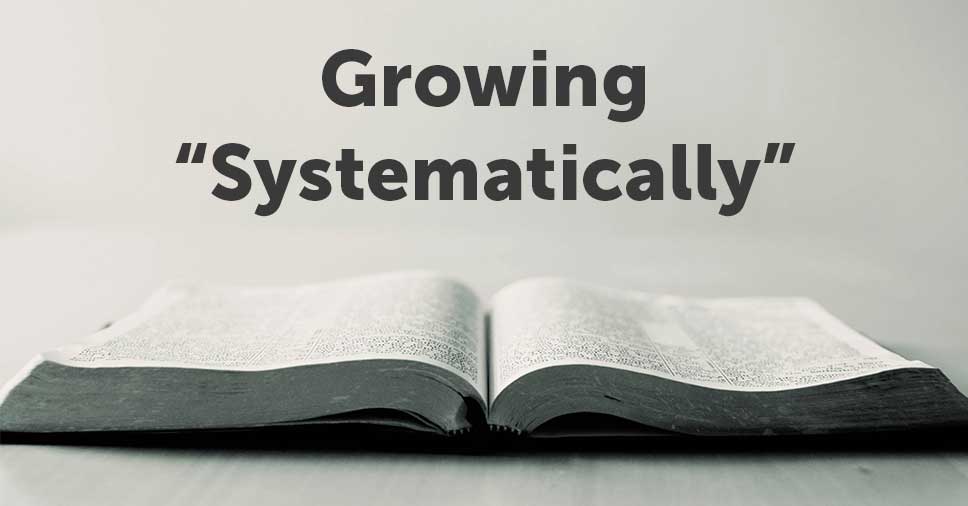
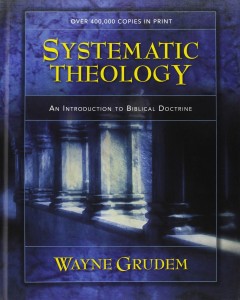
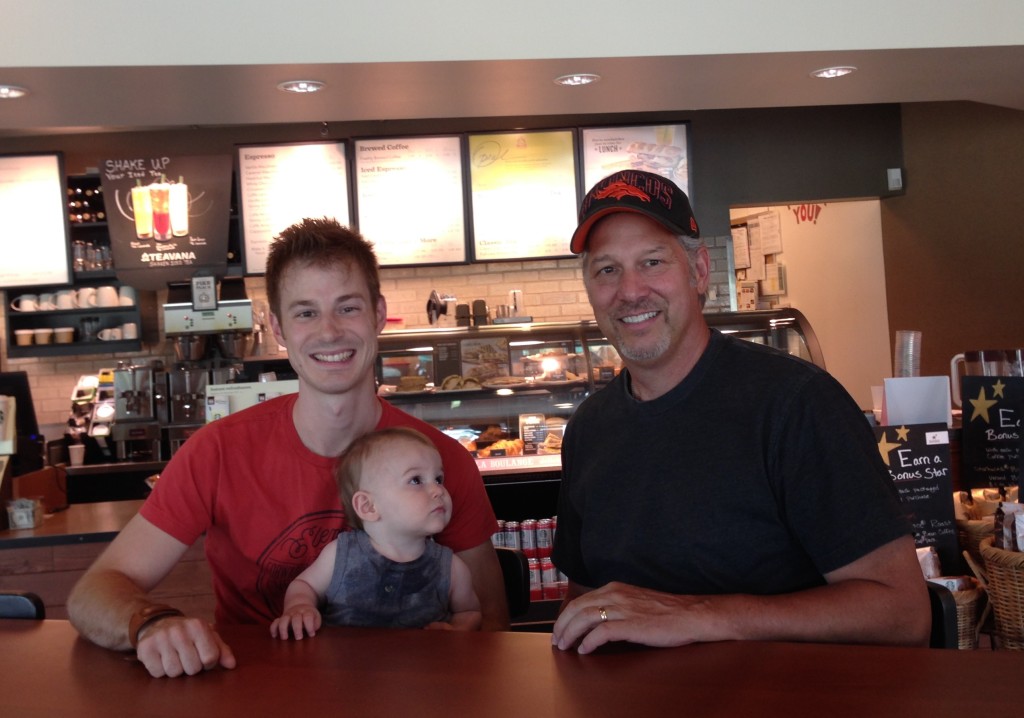

 While in the Kansas City area I visited
While in the Kansas City area I visited